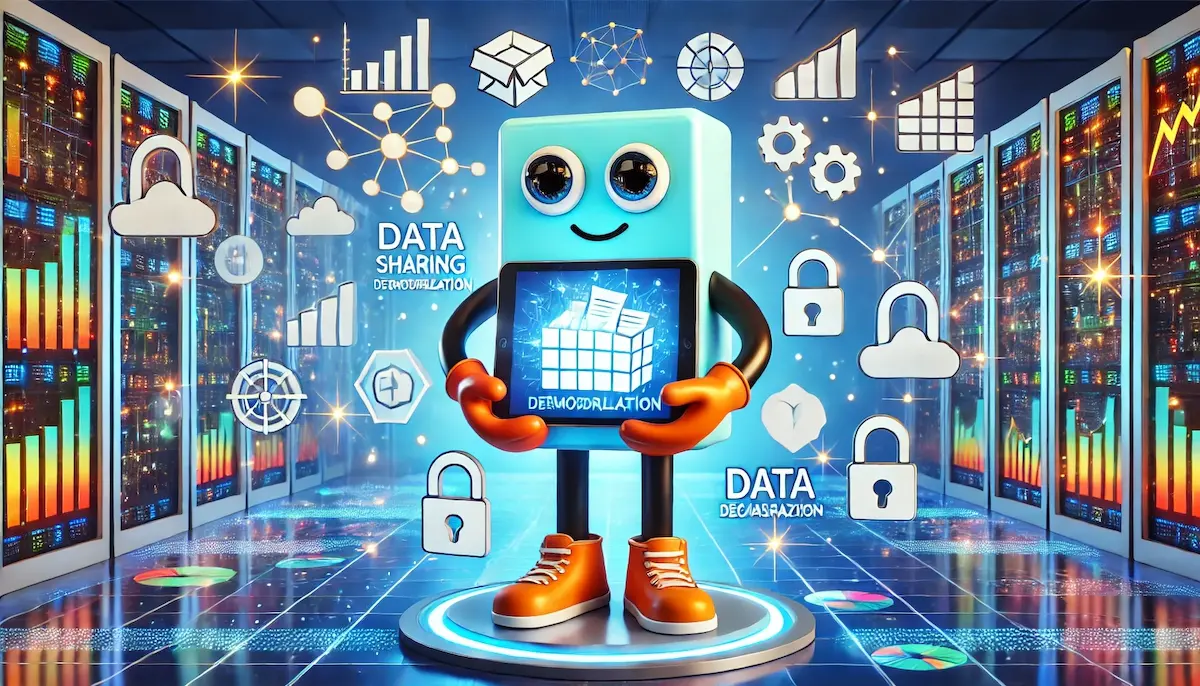In the modern business landscape, data is a crucial asset that drives decision-making and innovation. Traditionally, access to data has been restricted to specific departments or roles, such as data analysts and IT professionals. However, the concept of data democratization is changing this by making data accessible to a broader audience within an organization. Let’s explore what data democratization means and its significance.
What is Data Democratization?
Data democratization is the process of making data accessible to all employees within an organization, regardless of their technical expertise or job role. The goal is to break down data silos and empower employees at all levels to use data in their everyday work, leading to more informed decisions and fostering a data-driven culture.
Key Components of Data Democratization
Several components are essential for successful data democratization:
Accessibility
Data must be easily accessible to all employees. This involves using user-friendly tools and platforms that allow non-technical users to access, analyze, and interpret data without needing advanced technical skills.
Data Literacy
For data democratization to be effective, employees need to have a basic understanding of data and how to use it. This is where data literacy comes in—providing training and resources to help employees develop the skills to work with data confidently and competently.
Data Governance
While data democratization promotes broad access, it is essential to have robust data governance policies in place. This ensures data quality, security, and compliance with regulations. Clear guidelines and controls help manage how data is accessed and used responsibly.
Collaborative Culture
A collaborative culture is vital for data democratization. Encouraging cross-departmental collaboration and open communication helps share insights and best practices, fostering a data-driven environment where everyone contributes to data initiatives.
Benefits of Data Democratization
Implementing data democratization offers numerous benefits to organizations:
Enhanced Decision-Making
When employees at all levels have access to data, they can make more informed and timely decisions. This leads to better outcomes and a more agile organization capable of responding quickly to changes and opportunities.
Increased Innovation
Broad access to data fosters innovation by enabling employees to identify trends, uncover insights, and develop new ideas. Empowering more people to experiment with data can lead to creative solutions and improvements in products, services, and processes.
Improved Efficiency
Data democratization streamlines operations by reducing the reliance on specialized data teams for insights and analysis. Employees can access the information they need directly, speeding up decision-making processes and increasing overall efficiency.
Greater Employee Engagement
Empowering employees with data can boost engagement and job satisfaction. When employees feel they have the tools and information to contribute meaningfully to the organization’s success, they are more likely to be motivated and committed to their work.
Challenges of Data Democratization
Despite its advantages, data democratization also presents challenges:
Data Overload
Providing access to large volumes of data can overwhelm employees, leading to data overload. It’s crucial to offer training and support to help employees navigate and make sense of the data available to them.
Security and Privacy Risks
Broad access to data increases the risk of security breaches and privacy violations. Organizations must implement stringent security measures and educate employees on data privacy best practices to mitigate these risks.
Resistance to Change
Changing the organizational culture to embrace data democratization can be challenging. Some employees may resist new ways of working or feel threatened by increased transparency and accountability. Effective change management strategies are essential to overcome resistance and ensure a smooth transition.
Conclusion
Data democratization is a powerful strategy for creating a more agile, innovative, and data-driven organization. By making data accessible to all employees and fostering a culture of data literacy and collaboration, businesses can unlock the full potential of their data assets.
Blockfine thanks you for reading and hopes you found this article helpful.
